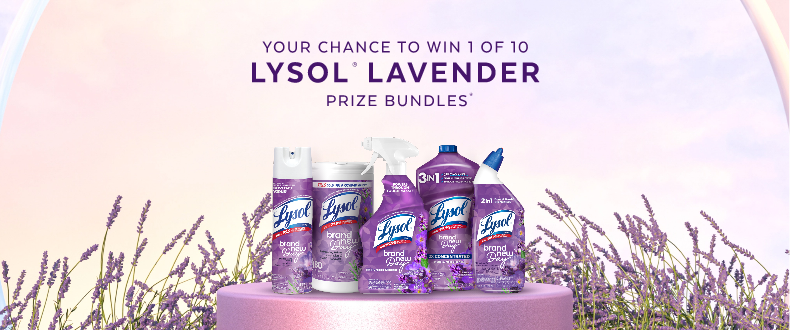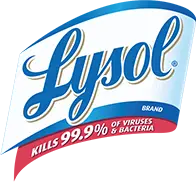Hand Washing
How to Wash Your Hands
Hand washing is easy to do and is the best way to help prevent the spread of illness. Learn when and how to wash your hands and get tips on what to teach your kids.
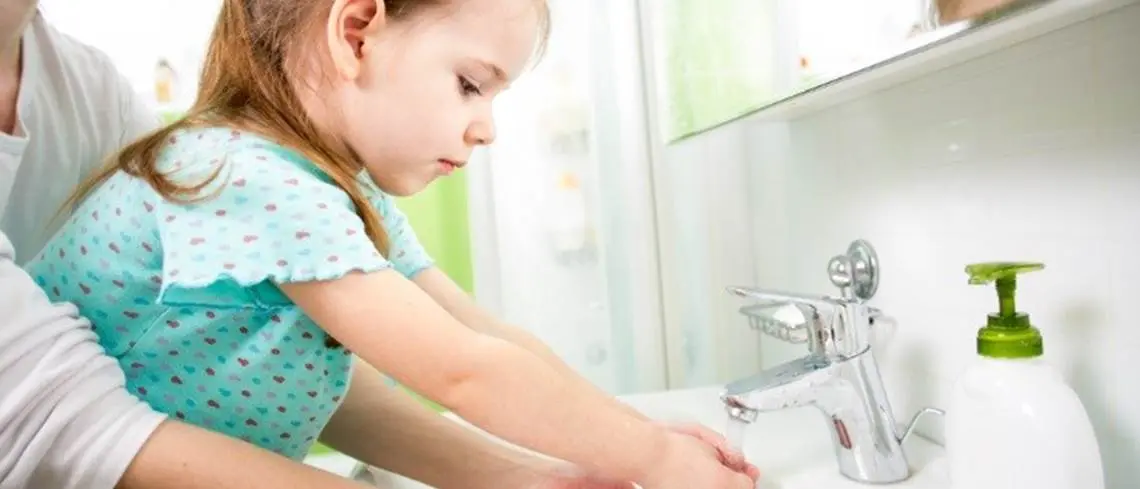
When should you wash your hands?
Your hands touch a lot throughout the day, and consequently pick up a lot of bacteria and viruses. It is good practice to wash your hands frequently throughout the day, but make sure you and your children wash your hands especially at these key moments:
- After using the bathroom
- Before, during, and after preparing food
- Before eating food
- After blowing your nose, coughing, or sneezing
- After handling garbage
- After touching animals or handling animal waste
- Before and after caring for someone who is sick or injured
How to wash your hands
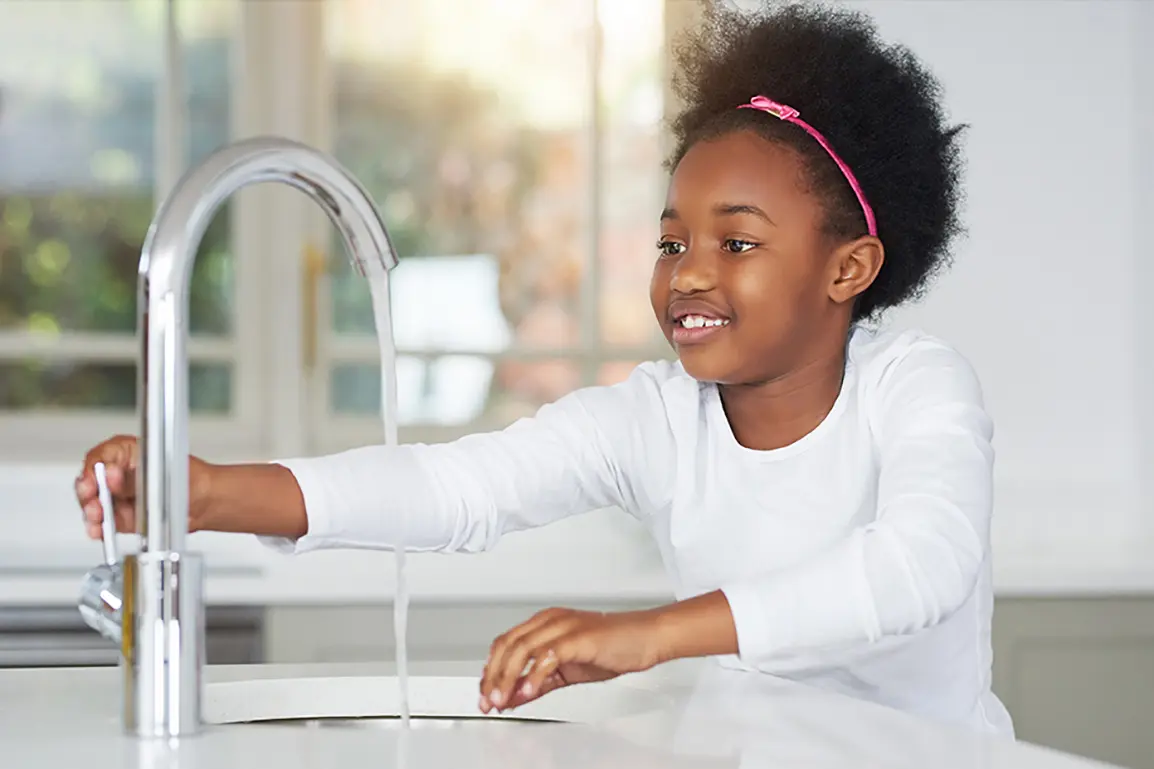
STEP 1: WASH HANDS
Wet your hands with running water.
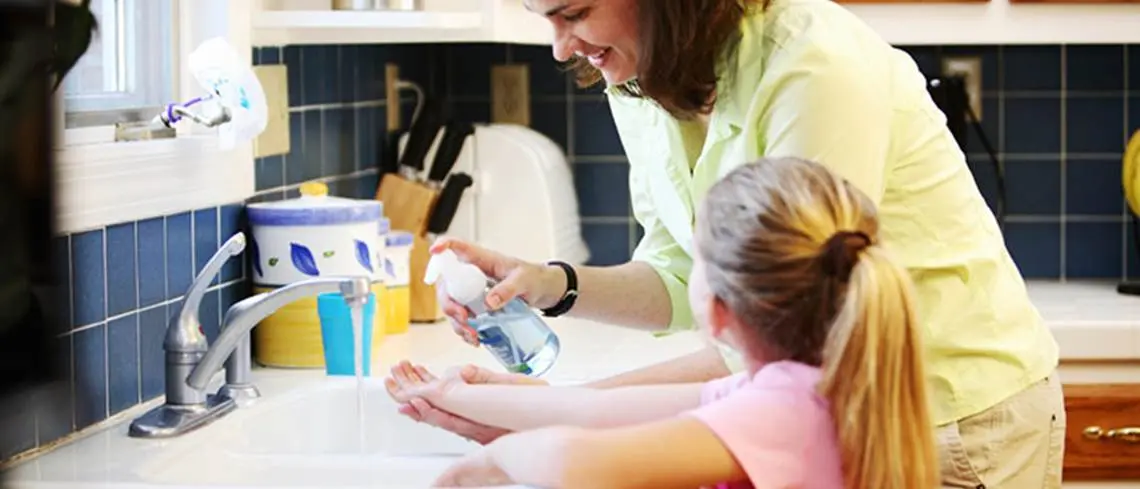
STEP 2: SOAP IT UP
Apply soap and lather.
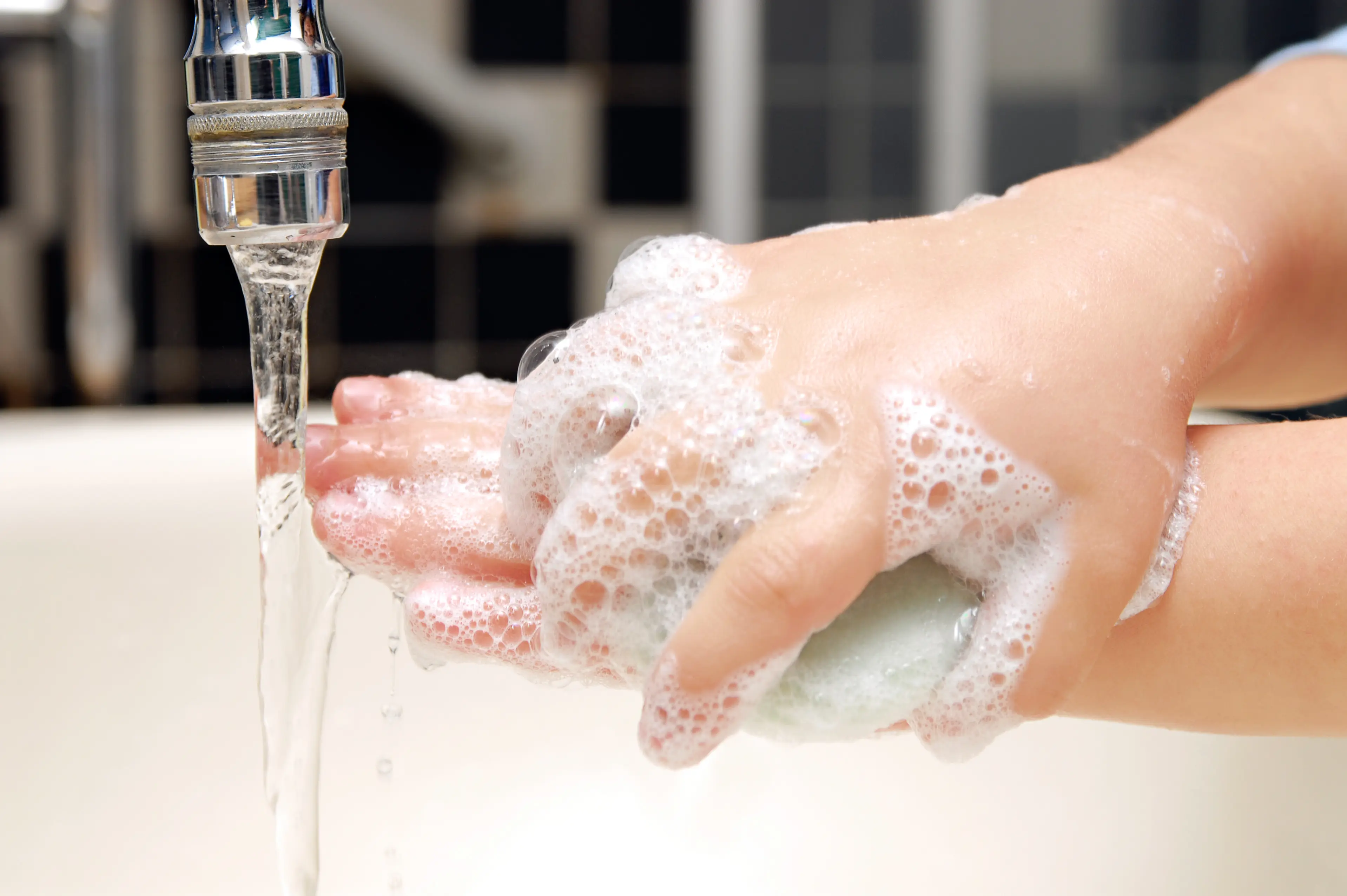
STEP 3: SCRUB, SCRUB, SCRUB
Rub hands with hand soaps vigorously for 20 seconds. (Hint: Sing “Happy Birthday” twice, OR the “ABCs”). Remember to get the back of your hands and underneath your fingernails.
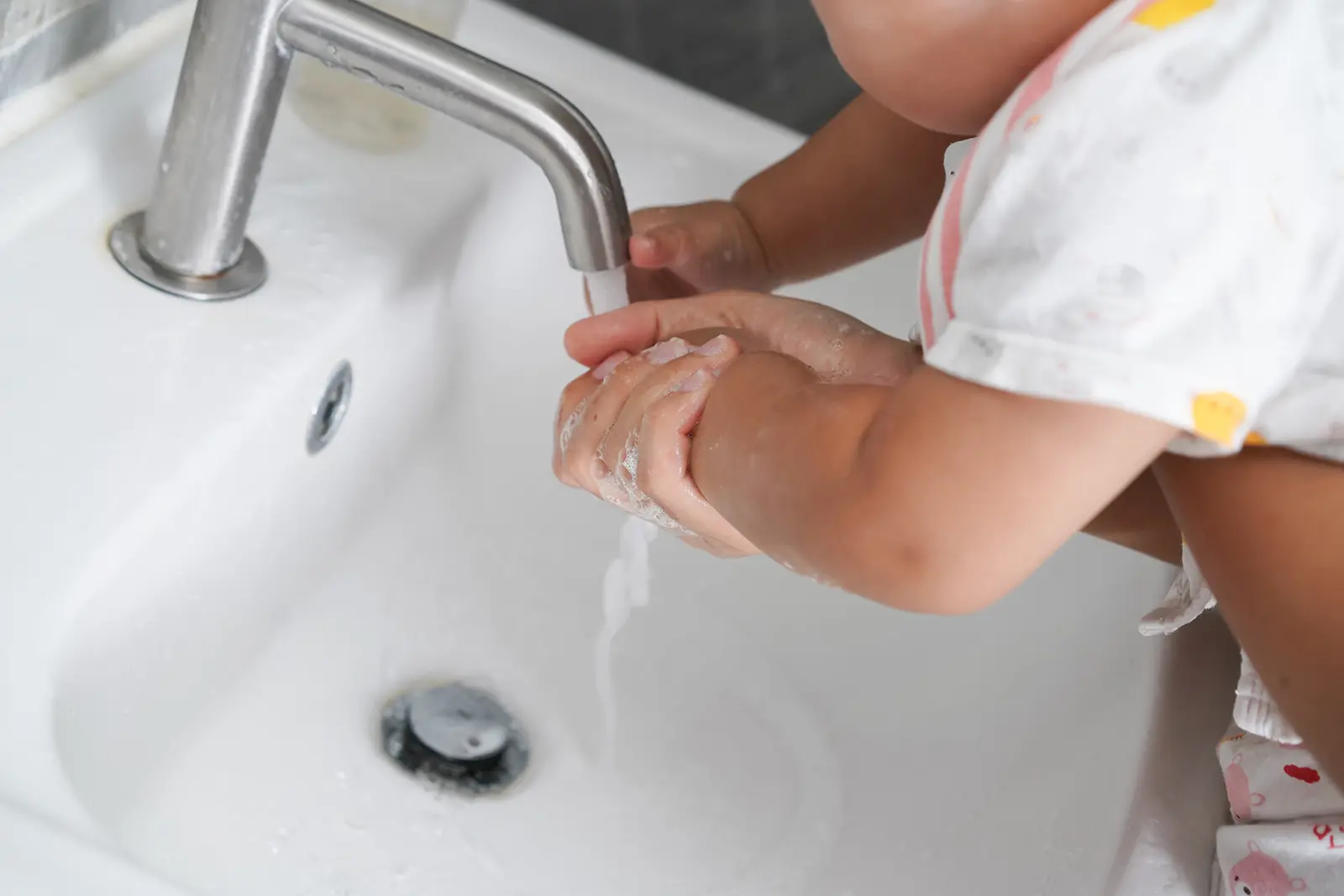
STEP 4: RINSE WELL
Use the towel or your elbow to turn off the faucet.
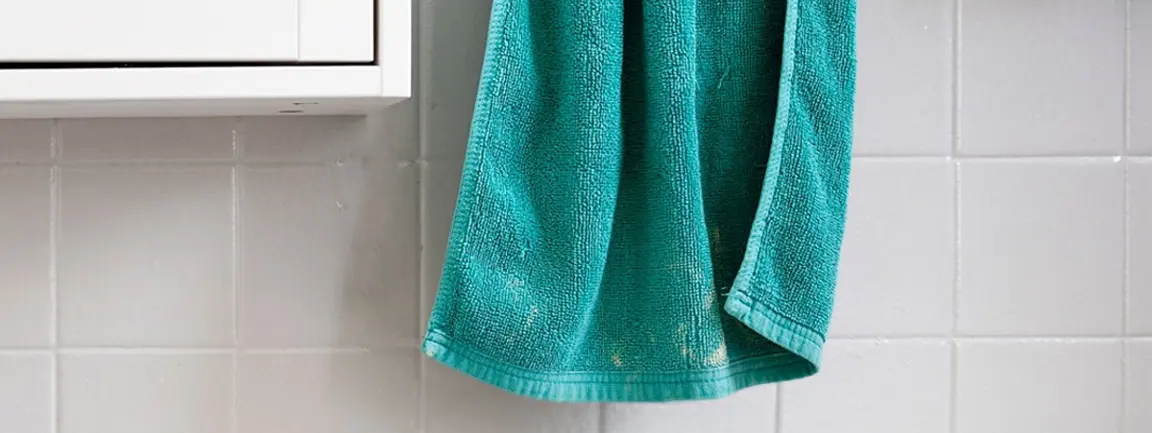
STEP 5: DRY WELL
Dry your hands with a clean towel, paper towel, or air dryer.
Teaching kids how to wash their hands
Hand washing is key to your children’s health. From sharing pencils in class, to swapping lunches, to drinking from the water fountain – kids pass a lot of germs while they are at school. Make sure your kids know how to wash their hands with these tips.
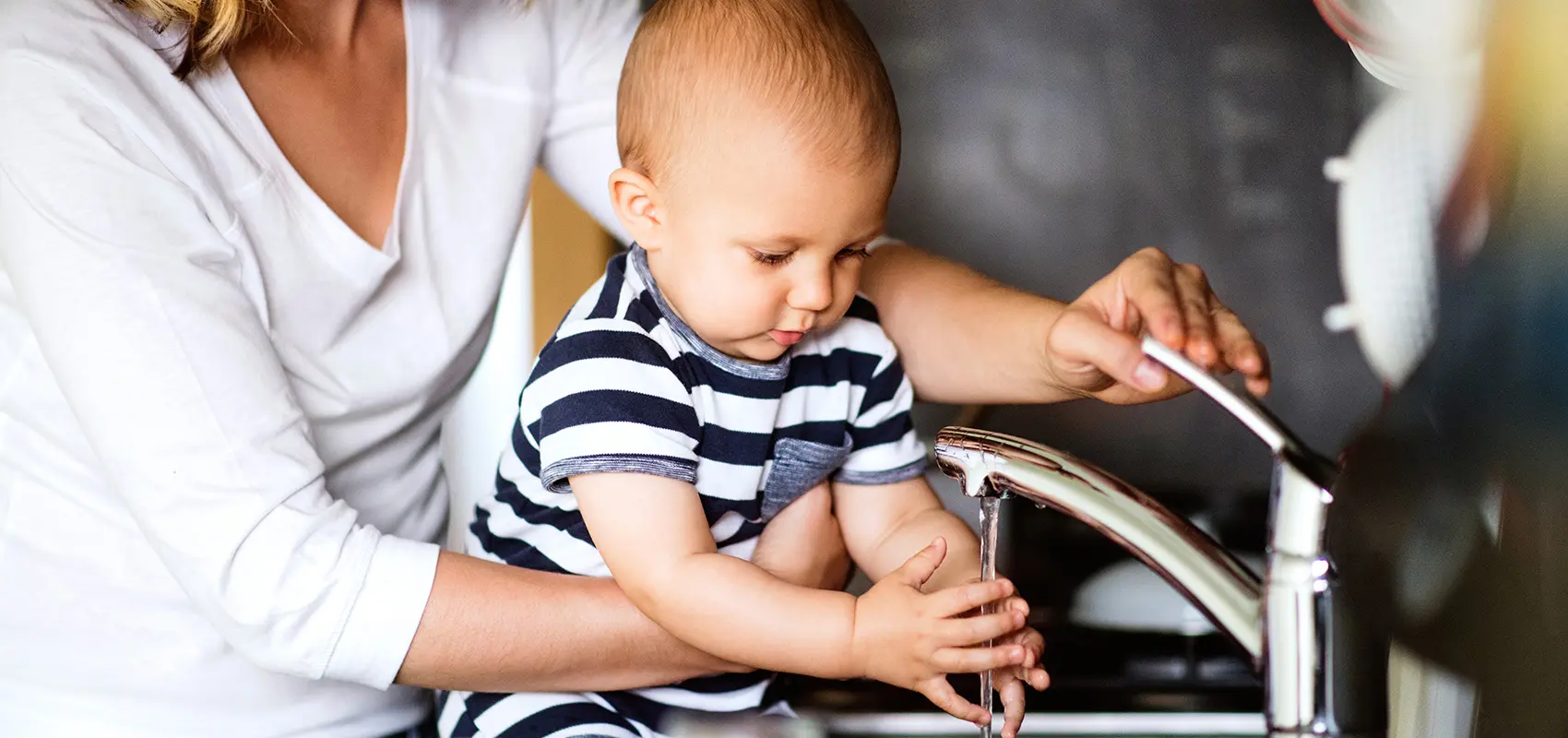
- Wash your hands with your kids so they can see how it’s done.
- Make sure your kids can reach the sink. Have a stool nearby if needed.
- Teach your kid to sing “Happy Birthday” twice, or the A-B-Cs, while they wash their hands to prevent rushing.
- Remind your kids that it’s important to wash their hands frequently throughout the day, not just before eating and after going to the bathroom.
Washing your hands is quick, easy, and is one of the most effective ways to help prevent illness. Adopt this simple habit and help protect your children’s health.
